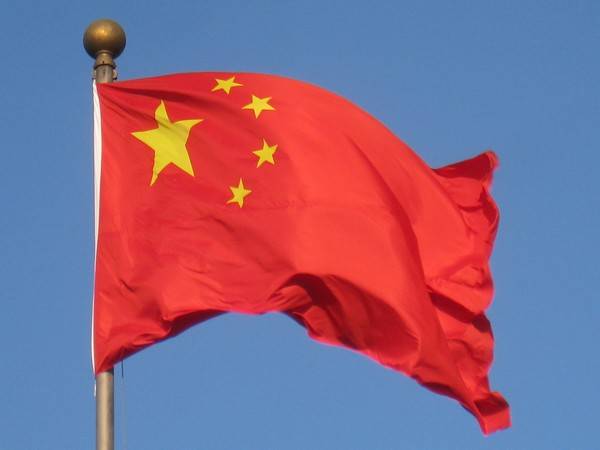
Aidan Yao, the senior emerging Asia economist at AXA Investment Managers in Hong Kong, has called the lack of pandemic data a cause for concern for the market….reports Asian Lite News
China’s ESG scores are among the lowest in the world which could become a concern for investors who wish to increase their exposure to the country’s economic revival after the COVID-19 pandemic, AsianInvestor reported.
As per the news report, China’s Environmental, social, and corporate governance (ESG) rating and its obfuscation on ethnic repression and forced labour in the western regions of the country are the issues faced by the country. The sudden opening up of China after the severe lockdowns and mass migration taking place ahead of the Chinese New Year also poses serious questions about health security, as per the news report.
Aidan Yao, the senior emerging Asia economist at AXA Investment Managers in Hong Kong, has called the lack of pandemic data a cause for concern for the market. Yao stressed that the termination of daily data on COVID-19 cases and deaths has left the market in the dark.

Aidan Yao further said, “the economy is living its darkest hours. Q4 GDP, due out in two weeks’ time, should show a distressing end for the economy in 2022,” according to an AsianInvestor report. Yao further stated that financial markets seem undeterred by the current economic struggles.
As per the news report, investor confidence has been buoyed by the prospect of reopening and signs of an economic bottoming in regions that have passed the peak of COVID-19 cases. Reports of foreign businesses moving their supply chains out of China and the closure of small and medium-sized enterprises have also emerged.
Aiden Yao said that China would struggle to restore growth to pre-pandemic levels if trend growth has been reduced by the pandemic. USB economists are forecasting China’s GDP will expand 4.9 per cent in 2023. UBS CEO Ralph Hamers has said that it might not turn “big bounce back” which is predicted by some. However, Hamers termed it “healthy growth.”
David Carruthers, the principal consultant at Melbourne-based Frontier Advisers, said that when they look at China, they see only “risk” with what is happening with the government and its COVID-19 policy.
“China’s equities is a really interesting asset class at the minute,” AsianInvestor quoted David Carruthers as saying.
One of the key trends in the ESG sector over the past year has been the call for greater scrutiny in applying the ESG investment policy, the report said. Investors have been pressurised to make more efforts to make a positive change within their portfolio companies, as per the AsianInvestor report.
Furthermore, Index providers, research and rating agency have been pressurised to improve their data and validations. According to UK-based human rights monitoring group Hong Kong Watch, pension funds might be passively investing in at least 13 China-based companies where there is evidence of involvement in Uyghur forced labour programs and setting up internment camps in Xinjiang, the report said.
The AsianInvestor report further said that passive investors and asset managers, including BlackRock, UBS and Schroders benchmarking against indices like MSCI’s Emerging Markets Index, and All World Index were particularly facing risk.
Johnny Patterson, co-founder and a research fellow at Hong Kong Watch said, “This raises serious questions about how seriously financial institutions take international human rights obligations,” according to the AsianInvestor report. Patterson called it “unacceptable” that a large amount of money of pensioners was being used in companies that are “known to use for forced labour.” (ANI)
ALSO READ: US House passes bill banning reserve oil sale to China


